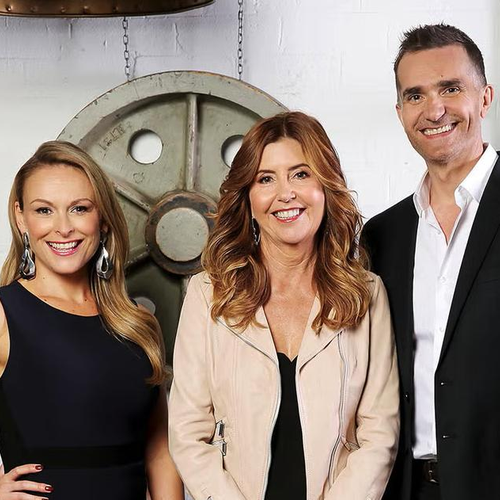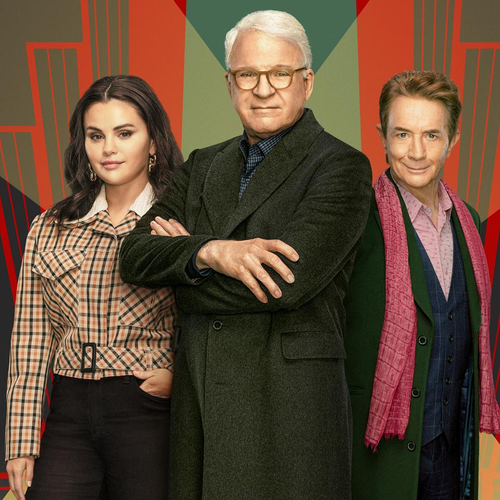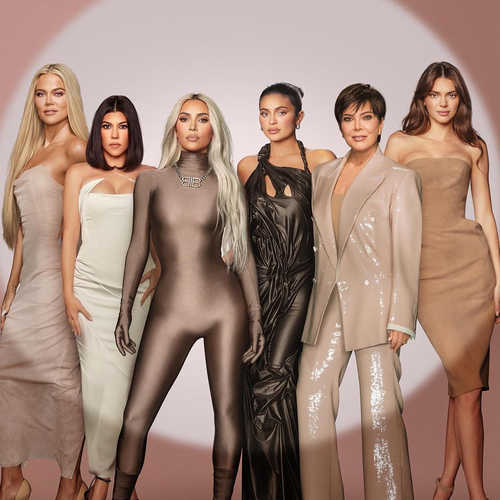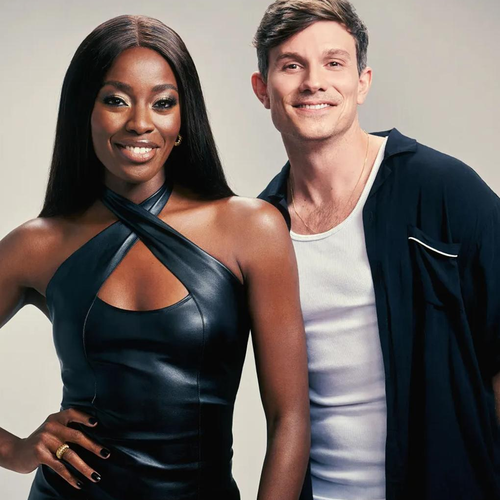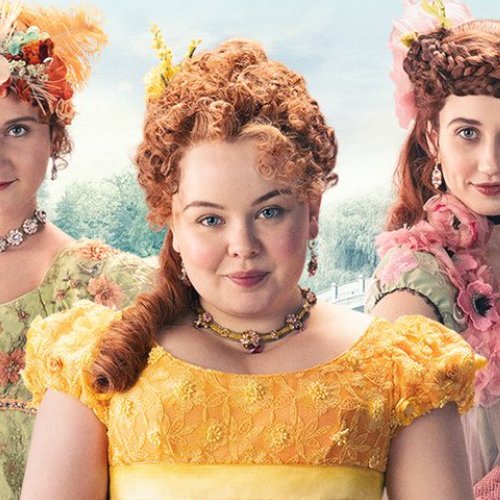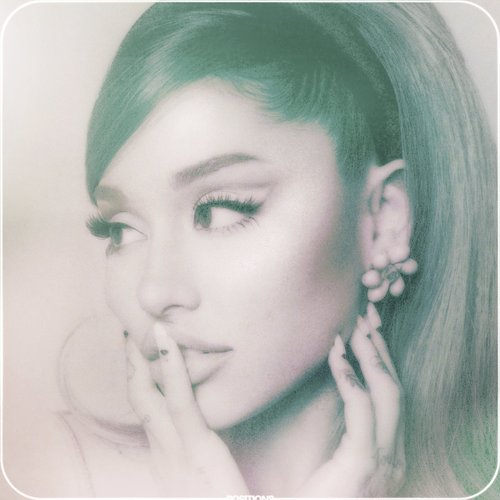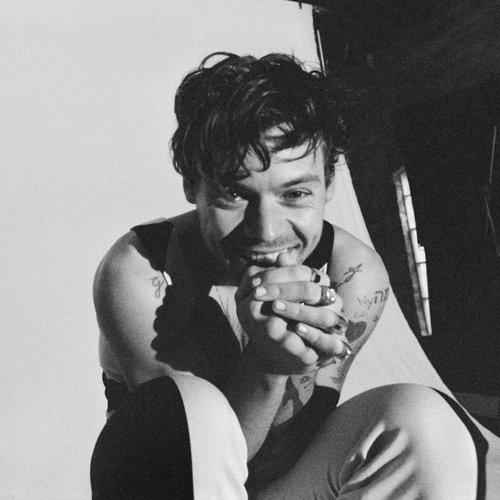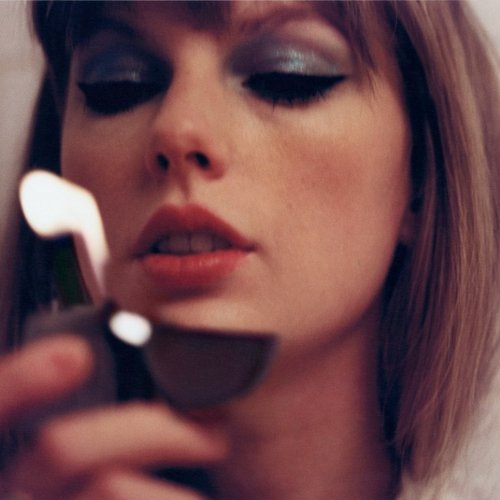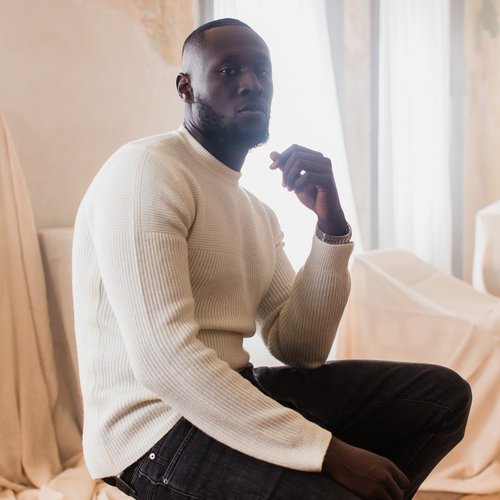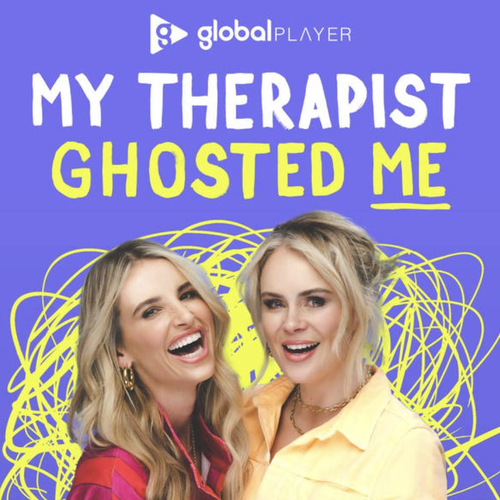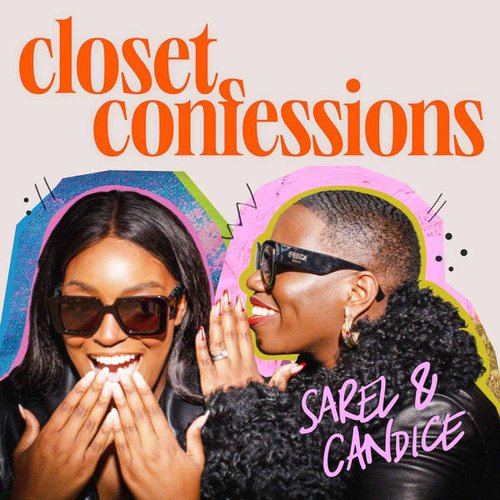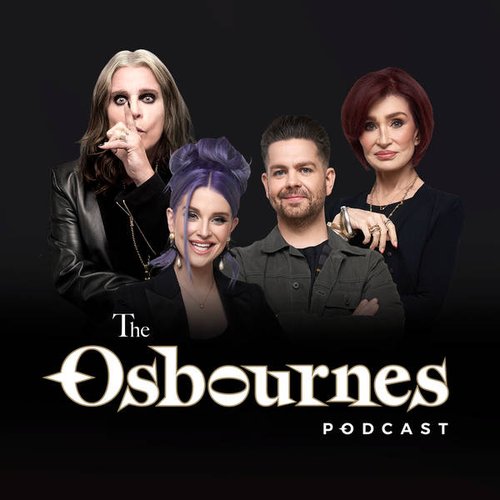Grey’s Anatomy’s powerful sexual assault episode is an important moment in TV history
29 March 2019, 20:40
Fans are praising the medical drama for their depiction of rape and for airing "one of the most powerful scenes in TV history."
TRIGGER WARNING: This article discusses sexual assault. If this is something that may affect you in anyway, please stop reading or read ahead with caution.
In the 15 seasons its been on the air, Grey’s Anatomy has never shied away from discussing important topics and social issues. From Black Lives Matter and transgender visibility to abortion and domestic abuse, the medical drama is one of the very few mainstream network shows who tackles these topics head on, week in week out.
This week, Grey’s aired a standalone episode that focused on a patient who had been severely sexually assaulted. The episode discussed consent and rape in intense detail and touched upon the fear that so many women face when it comes to processing and reporting their assaults.
Despite being incredibly emotional and difficult to watch, fans are praising the show for not shying away from portraying, and educating people about, such an important, powerful, raw and real storyline on-screen.

The episode, directed by Debbie Allen, starts with Jo (Camilla Luddington) locating her birth mother in search of more information about her biological background. She asks about her father and wonders why she was abandoned at five days old. She later finds out that her mother was raped by her father. Despite consenting to a date with someone she knew, she did not consent to sex. She never reported her attack and explains that it took her a long time to be able to say that she was raped.
At work the next day, Jo treats a trauma patient, Abby (played phenomenally by Khalilah Joi), who stumbles into the ER after being sexually assaulted. After putting her trust in Jo, she eventually reveals what happened to her but is reluctant to have a rape kit administered and refuses to report the assault over fears that no one - including her own husband - will believe her.
She wonders if a court would blame her for her own assault - for drinking too much or wearing a skirt a little too short. She asks if the rape kit could prove that she wasn't flirting when she was attacked by a complete stranger in a bar. It's an all too familiar and heartbreaking occurrence for survivors of assault who try to report their attacks.
Using her own personal experience and informing Abby of the importance, Jo, along with Dr Altman and Dr Qadri, later get her to agree to an exam. Instead of cutting away, every single step of the process is depicted on-screen with a constant reminder that survivors of assault, like Abby, can retain their own agency and say 'yes' when they are ready and say 'stop' at any point during the invasive procedure.
The scene is undoubtably one of the most powerful scenes that Grey's has ever shown.
I hope every survivor hears this, believes this. Thank you @KimRaver for saying it -- and for being so solid and true. I hope doctors look to Teddy Altman and ask themselves: How can I be more like her? #GreysAnatomy pic.twitter.com/Vx5nSEZoo8
— Elisabeth R. Finch (@erfinchie) March 29, 2019
The most emotional part of the episode came when Abby was getting ready to be wheeled into the OR. Abby confides in the doctors that she is unable to look at men, because to her, they all look like 'him'. After sending out a page, over 100 female doctors lined the corridor as she was wheeled through, highlighting the importance of women banding together to lift up another. It gave Abby the confidence to be able to go through with the surgery.
Once she's out of surgery, Abby has the support and courage she needs to be able to tell her husband and report the assault to the police - a difficult process that sadly doesn't happen as much as it should in real life.
The entire episode is being hailed by fans as one of Grey’s Anatomy’s best episodes, and one of the most important in TV history. Rape is often depicted on TV but it's very rarely followed by such an informative storyline about what happens afterwards, like the one in Grey's.
Of course, every survivors' personal journey will be different but Grey's was able educate - and maybe even reassure - millions of women (and men) with that one episode.
I’ve watched every single episode of Greys since the very beginning, and this was one of the most powerful scenes ever. I will never get this image out of my mind. I don’t want to. 💜 https://t.co/9YYo2626og
— Pebbles (@PebblesBoston) March 29, 2019
Sequence in tonight's #GreysAnatomy is proof of how storytelling can educate, inform, inspire,&connect. Brava @KhalilahJoi for such genuine work, @erfinchie for writing with deep care to the assault. Holy wow to @msdebbieallen (pioneer since the 80s, STILL--STILL pushing bounds!) pic.twitter.com/8F9KGrhf5T
— Vic Mahoney (@VictoriaMahoney) March 29, 2019
i don’t care if you’ve never watched an episode of grey’s anatomy but everyone should take a moment and watch this scene, showing how most of the females in grey sloan memorial stood up for a sexual assault survivor because it’s so powerful and important.#GreysAnatomy pic.twitter.com/4oAoKVwCS7
— izabelle (@meredithsgrwy) March 29, 2019
This is not only the most powerful episode that I’ve seen on this show, but any tv show #GreysAnatomy pic.twitter.com/0tjRIVY4BE
— bella (@topazblosssom) March 29, 2019
This will go down as one of the most powerful scenes in tv history #GreysAnatomy pic.twitter.com/hnJprpMUxs
— Kow. (@thefantegod) March 29, 2019
“Silent All These Years” is one of the most difficult hours of television I’ve ever watched. But it was also one of the most honest and beautiful and necessary hours. @camilluddington @MishkaForbes @KhalilahJoi @KimRaver and Sophia Ali truly gave us a gift. @GreysABC
— Beth Holler (@BethHoller) March 29, 2019
According to show runner Krista Vernoff, the subject of the episode was inspired by the outcome of Christine Blasey Ford's testimony against Supreme Court Justice Brett Kavanaugh. “The message that has just been sent to all young women is that consent doesn’t matter. We have an opportunity here to teach men and women about consent and to talk about how lasting and impactful rape can be for generations.”
Vernoff also revealed that both her and creator Shonda Rhimes had to fight to be able to show the rape kit scene on network television.
"We received notes initially from ABC's broadcast standards and practices. They give these standard notes: ‘don't be too gory'; ‘don't be too explicit in your language'; ‘no side boob.' But the ones we got on this script included, ‘Please don't show any fluid on the Q-tips' and ‘Please don't show any body fluids under the blue lights,'" Vernoff told The Hollywood Reporter.
"Shonda wrote back a pretty passionate response of the myriad ways that networks are willing to show actual violence but that what we were doing here was the medical process that happens in the wake of violence and they were trying to tell us we couldn't show it. She said, ‘Respectfully, I decline these notes.'… Ultimately ABC understood that she was right. I really give them credit that they came back and said, ‘You're right. You can proceed as scripted.'"
If you - or anyone you know - needs help, please contact the following: If you're in the US, the National Sexual Assault Hotline is available 24/7 at 800-656-HOPE and you can also visit RAINN. If you're in the UK, you can visit Rape Crisis or call 0808 802 9999.























